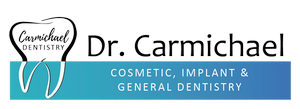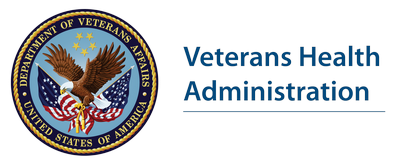Obstructive Sleep Apnea
Your health and everyday life are affected by sleep. You feel, look, and perform your best when you sleep well. Your health and well-being can be in jeopardy when you encounter a sleep problem. Obstructive sleep apnea is one of the most common sleep problems. Read about the symptoms, signs, and how you can get help.
What is Obstructive Sleep Apnea?
Obstructive sleep apnea (OSA) has made its victim nearly 54 million adults in the U.S. This sleep disorder can cause people to stop breathing, some for more than a minute and some for just a few seconds.
Sleep apnea is a condition that occurs when your muscles relax during sleep, letting soft tissue collapse and block the airway; this condition is chronic. Repeated breathing pauses reduce oxygen levels. Then, because of the breathing pauses, the person briefly awakens and the sleep gets disturbed.
Snoring, gasping, or choking sounds during sleep are common signs of sleep apnea. Just like snoring, sleep apnea is more common among men, but it does not forgive gender since it can occur in women too, especially after or during menopause. A few factors can increase the risk of sleep apnea, such as the misaligned jaw, a narrow airway, and having excess body weight.
Treating OSA Is Extremely Important To Your Health.
Obstructive sleep apnea left untreated can cause excessive daytime sleepiness or fatigue, as well as morning headaches and memory loss. Your safety is threatened by sleep apnea since fatigue can cause work accidents as well as increasing drowsy driving. If left untreated, sleep apnea can increase the risk of serious health problems. Such as the following:
- High blood pressure
- Stroke
- Heart disease
- Diabetes
- Chronic acid reflux
- Erectile dysfunction
The risk of death can increase in severe cases of sleep apnea is left untreated.
How is OSA Diagnosed?
Obstructive sleep apnea has to be discovered by a doctor. A sleep specialist then will provide a complete sleep evaluation. The evaluation may involve a home sleep apnea test or an overnight sleep study at a sleep center. Then the sleep specialist will study the data from your sleep study and conclude on a diagnosis.
How is OSA Treated?
The sleep specialist will discuss different treatment options with you. The treatment options will include oral appliance therapy, surgery, and positive airway pressure.
- Oral appliance therapy uses a device that mimics the look and feel of a mouthguard that will be worn only during sleep – resulting in maintaining an unobstructed and open airway.
- Surgical options may include a wide variety of procedures. All have different success levels and various side effects.
- CPAP therapy implicates a face mask that has to be worn during sleep and is connected by tubing to an always running machine.
Researchers have found that oral appliance therapy is one of the most effective treatment options for obstructive sleep apnea and snoring. You only wear the oral appliance in your mouth when you sleep, and it fits like a sports mouthguard or an orthodontic retainer. It supports your jaw in a forward position helping maintain an open upper airway.
Because a sleep apnea appliance is a comfortable option to wear compared to a CPAP mask, many patients consider it their treatment option. Not to mention, oral appliances are silent, easy to care for, and portable.
Get Help
If you and your doctor have concluded that oral appliance therapy is the best treatment option for your health, then your doctor will prescribe a custom-made sleep apnea appliance. Carmichael Dentistry is prepared to help patients diagnosed with mild to moderate sleep apnea through the use of oral appliance therapy to treat snoring and obstructive sleep apnea.
Who Can Help?
Oral appliance therapy should be provided by a qualified dentist who has technical skill and knowledge in dental sleep medicine. Training in how to provide oral appliance therapy is uncommon in dental schools. Not all dentists have the training or experience to provide optimal care for adults with snoring or sleep apnea. Dr. Natalia Carmichael has completed a Sleep Residency at UCLA that is recognized by the American Academy of Dental Sleep Medicine (AADSM) and satisfies the CE requirement as a pre-requisite for AADSM board certification.
Get help today to improve your sleep and your health!
Listen to the signs, and do not wait another day! Call us today at (858) 484-2560 or email us at [email protected]




